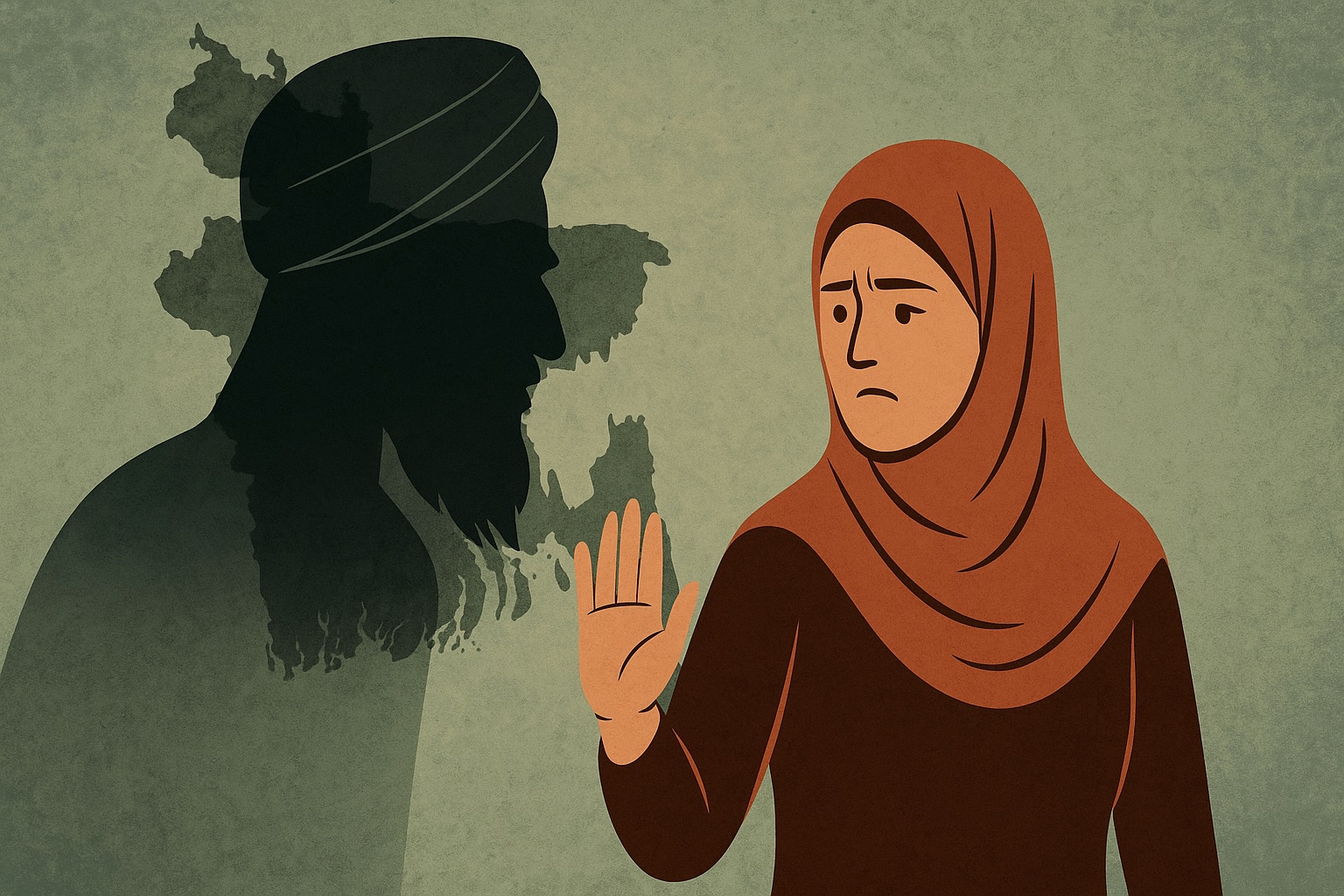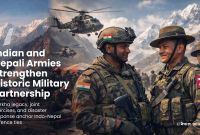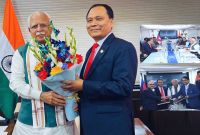Shadow of the Taliban looming over Bangladesh

‘Amra Sobai Hobo Taliban, Bangla Hobe Afghanistan (We will all be Taliban and Bangladesh will be Afghanistan): This slogan made popular in Bangladesh by the terror group Harkat-ul-Jihad- Bangladesh in about 2004 is now making a comeback to haunt the freedom-loving women of the country.
Hefazat-e-Islam, another Islamic fundamentalist group having close links with the now dormant HuJI-B, is out to promote the ideals of the Taliban in Bangladesh by curbing the freedom of women.
In the wake of the surge in religious activism in Bangladesh since the fall of the Sheikh Hasina government, thousands of supporters of Hefazat-e-Islam earlier this month held a rally at the Suhrawardy Udyan in Dhaka demanding the abolition of the Women’s Affairs Reform Commission set up by the Interim Government of Mohammed Yunus and the rejection of its recommendations on women’s rights on the ground that these were contrary to the Islamic faith.
The Commission, formed to introduce reforms aimed at empowering women, submitted its report to Mohammed Yunus on April 19. Among its recommendations were amending the constitution of Bangladesh to formulate a Discrimination Elimination Act, introducing Uniform Family Code in place of personal laws, expanding the parliament of Bangladesh to 600 seats with proportionate reservations for women and guaranteeing equal pay, property rights and access to health facilities for women.
Of all the 433 recommendations of the Commission, the one that Islamic fundamentalist groups like Hefazat-e-Islam and Jamaat-e-Islami have found the most objectionable is the demand for equal property rights for women. In the rally they mainly denounced the proposed recommendations for ensuring equal rights, particularly ones related to property.
A 12-point charter of demands was announced at the recent rally, the first one being the abolition of the existing women reform commission and the constitution of a new one comprising Islamic scholars and women representatives. The rally leaders demanded punishment for the commission members for hurting the Muslim sentiments by labelling the religious laws of inheritance as the main cause of inequality between men and women. “Men and women can never be equal,” they said. None could go beyond the specific codes of life for both genders outlined in the Quran. According to them, equality was a “Western ideology.” They also opposed pluralism as the state principle of Bangladesh and said “faith and trust in Allah” should be the only option.
Hefazat-e-Islam spokesman Maulana Mamunul Haq found it objectionable that the report of the commission had mentioned that Islamic provisions for inheritance, the family law and some other religious rules created discrimination against women.
The fundamentalist outfit Jamaat-e-Islami which is an important partner in the ruling coalition in Bangladesh has also demanded that the recommendations of the commission be immediately cancelled. According to them, “recommending initiatives to ensure equality between men and women is a malicious effort to distort Islamic ideology.”
The Taliban ideology of a strict, fundamentalist interpretation of Islam had been alien in Bangladesh and its precursor East Pakistan. Their ideology of enforcing the Sharia law and the establishment of a patriarchal form of society with little freedom for women was imbibed by a section of youths of Bangladesh who went to Afghanistan in the 1980s to fight for the Afghans in the Soviet – Afghan war.
On their return to Bangladesh in 1992, they formed the HuJI-B with initial funding from Osama bin Laden’s al Qaeda. Since its formation, the main aim of HuJI-B had been to turn Bangladesh into a hard line Islamic state from a moderate one. Its core strategy was to eliminate Bengali culture and secular politics from the country.
These they saw as obstacles to establishing a theocratic state based on the Taliban model under which the women in Afghanistan faced restrictions on the freedom of movement a restrictive dress code, no protection from violence, forced child marriage and no political participation.
HuJI-B had built an extensive network across madrasas and used them to indoctrinate youths in committing terrorist activities. The group had been associated with several killings and attacks on political leaders in Bangladesh, including one on Sheikh Hasina herself.
HuJI-B was banned by the authorities in 2005. The core group of HuJI-B has been dormant for the past decade but the remnants of the cells have joined the Hefazat-e-Islam; again another hardcore Islamic political group. Hefazat-e-Islam has close ties with other al Qaeda –centric groups in Bangladesh such as Ansar Al Islam, also known as Ansarullah Bangla Team, and Jamaat Mujahideen Bangladesh. These groups have also been responsible for several killings and explosions in Bangladesh.
Among recent manifestations of growing Taliban influence in Bangladesh has been the cancellation of several women’s football matches, vandalism in Sufi shrines and the refusal to hold cultural events deemed ‘anti-Islamic.’ Between the end of January and mid-February this year, three women’s football matches in Bangladesh had to be cancelled because of threats from Islamic fundamentalists.
A match between Joypurhat and Rangpur was cancelled on January 29 as hundreds of Islamists in the area marched to the field and vandalized the venue and the facilities. A day earlier, another football match was cancelled in Dinajpur as protestors invaded the ground wielding sticks. The players had to be moved to safer places. On February 19, the Islamic Andolan Bangladesh group held a protest rally against a women’s football match in Rangpur, saying it was un-Islamic. The police asked the women players to return home. “If women want to play football, they should cover their entire body, and they can play only in front of female spectators. Men cannot watch them play, Islamic Andolan leader Maulana Ashraf Ali was quoted in the BBC.
The hard core Islamic fundamentalists consider the moderate Sufi and Ahmadiyya Muslims as ‘kafirs.’ “We do not consider Ahmadis as Muslims. They are infidels,” Vice President of Hefazat-e-Islam Bangladesh Muhyiddin Rabbani has been quoted.
Rabbani has also made it clear that there will be no place for music or art in Bangladesh under Islamic rule. “We will base our decisions about music on what is permissible in Islam. We don’t like art or music. We will oppose it,” he has been quoted as saying.
With the shadow of the Taliban looming, the advanced civilization and the rich cultural heritage of Bangladesh are under a grave threat.




![From Kathmandu to the World: How Excel Students Are Winning Big [Admission Open]](https://nepalaaja.com/img/70194/medium/excel-college-info-eng-nep-2342.jpg)
